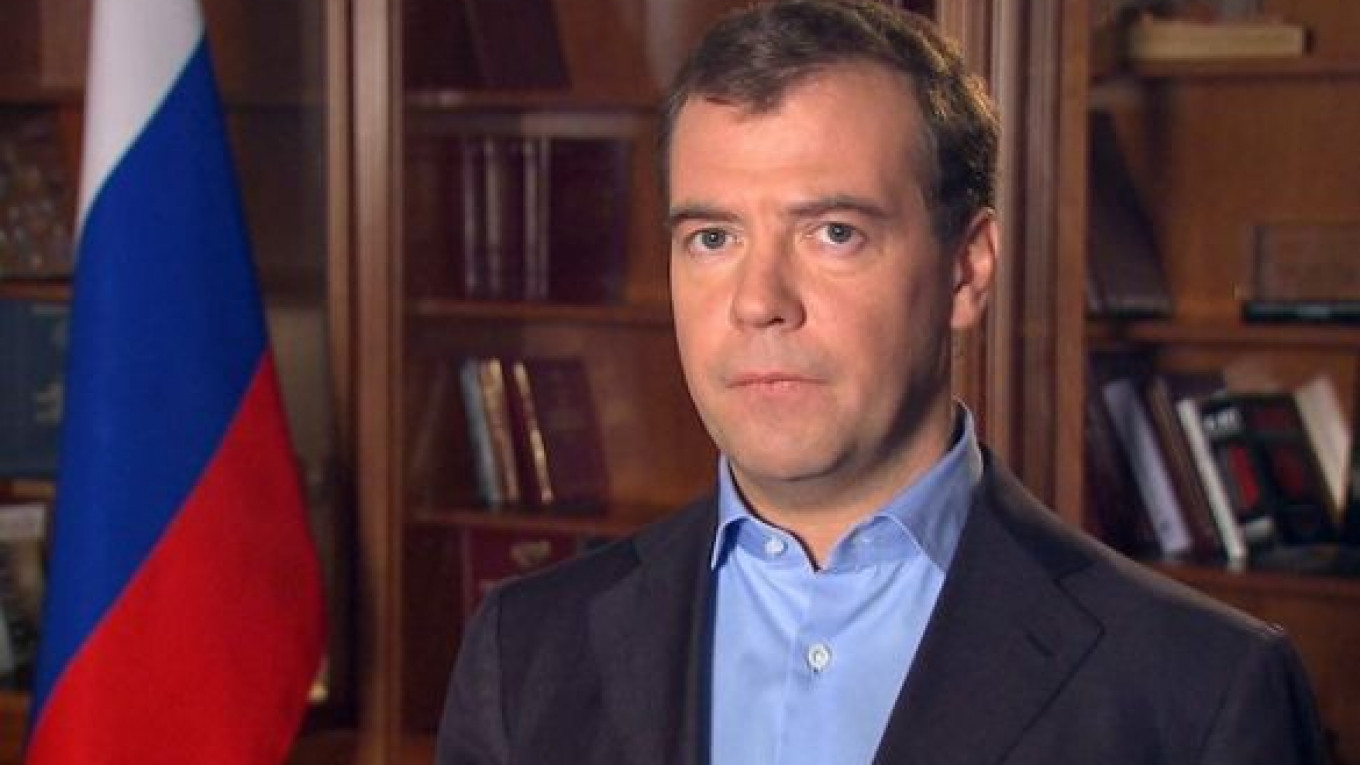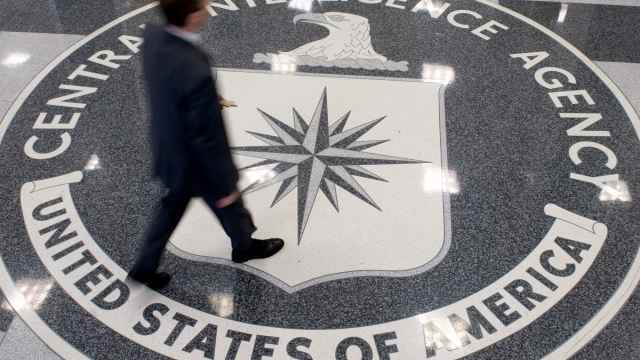The government has canceled an agreement with the United States on cooperation in law enforcement and drug control.
The 2002 agreement no longer corresponds to today's reality and has exhausted its potential, the government said in a decree published on its website Wednesday.
It added that the Foreign Ministry should inform U.S. authorities about the decision.
Under the agreement, the U.S. government provided financial assistance to Russian law enforcement agencies for crime-fighting projects. When it was concluded on Sept. 25, 2002, those agencies did not have enough money for such programs, the government said.
While state coffers are much fuller today than in 2002, the decision looks like a tit-for-tat move, coming only days after the State Department said that it was withdrawing from a joint working group with Russia over civil society issues.
Over the past few months, Moscow has forced the termination of a string of cooperation projects with the U.S., most notably by forcing USAID, Washington's biggest grant agency, to close its office in the country. The government has argued that the country should no longer be seen internationally as a recipient of aid but rather as a donor.
At least on paper, both countries continue to cooperate over drug control in a joint counter-narcotics working group. The group, headed by Gil Kerlikowske, the head of the Office of National Drug Control Policy, and Federal Drug Enforcement Service director Viktor Ivanov, is one of 19 remaining working groups within the U.S.-Russian Bilateral Presidential Commission, set up between President Barack Obama and then-President Dmitry Medvedev in 2008.
Related articles:
A Message from The Moscow Times:
Dear readers,
We are facing unprecedented challenges. Russia's Prosecutor General's Office has designated The Moscow Times as an "undesirable" organization, criminalizing our work and putting our staff at risk of prosecution. This follows our earlier unjust labeling as a "foreign agent."
These actions are direct attempts to silence independent journalism in Russia. The authorities claim our work "discredits the decisions of the Russian leadership." We see things differently: we strive to provide accurate, unbiased reporting on Russia.
We, the journalists of The Moscow Times, refuse to be silenced. But to continue our work, we need your help.
Your support, no matter how small, makes a world of difference. If you can, please support us monthly starting from just $2. It's quick to set up, and every contribution makes a significant impact.
By supporting The Moscow Times, you're defending open, independent journalism in the face of repression. Thank you for standing with us.
Remind me later.






